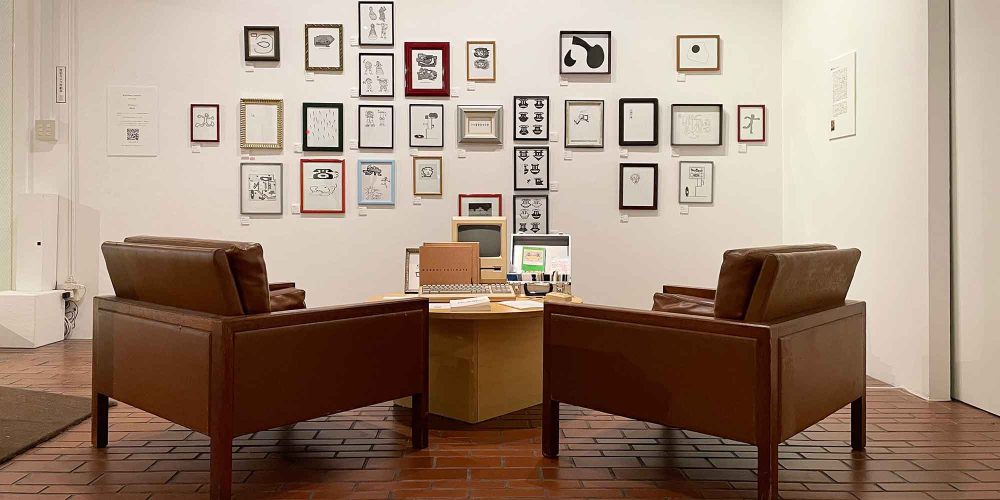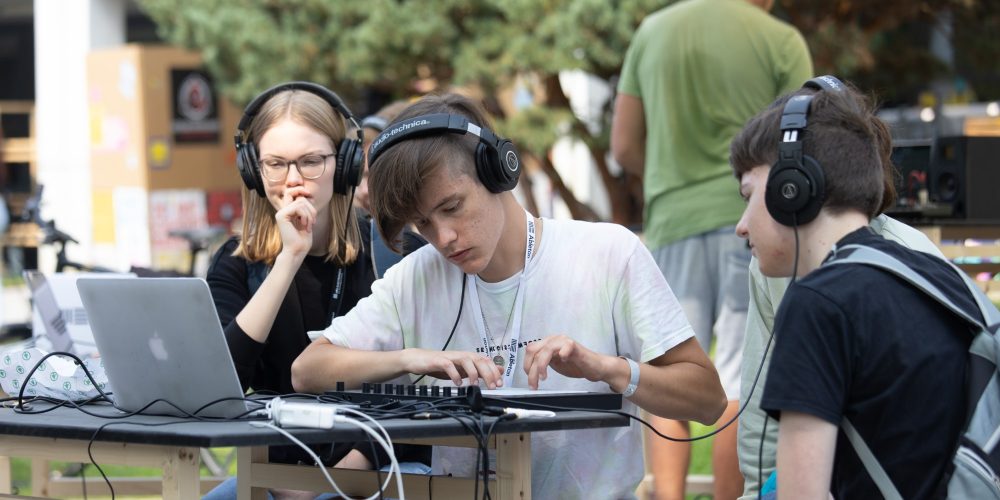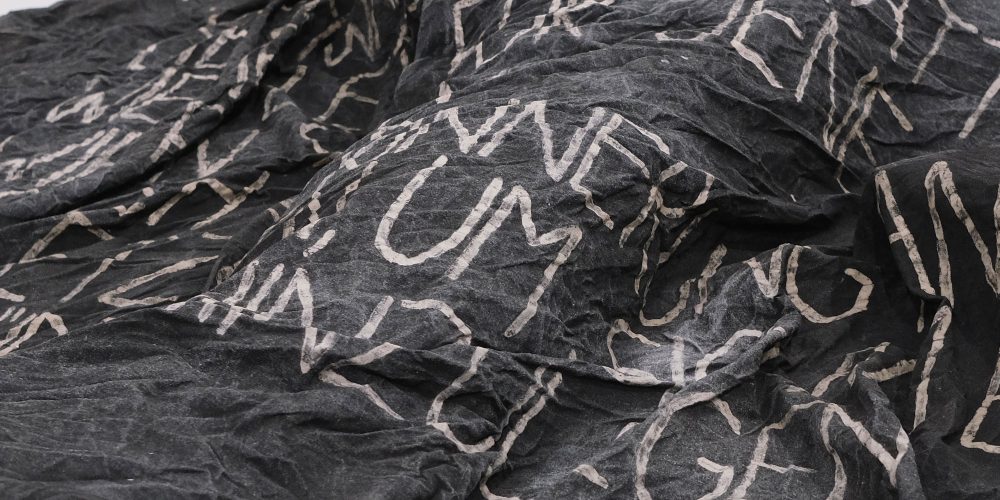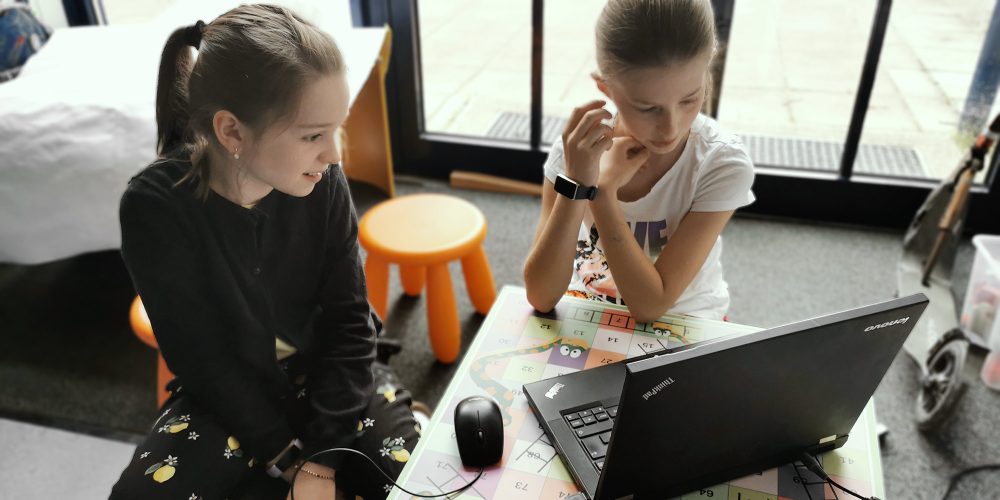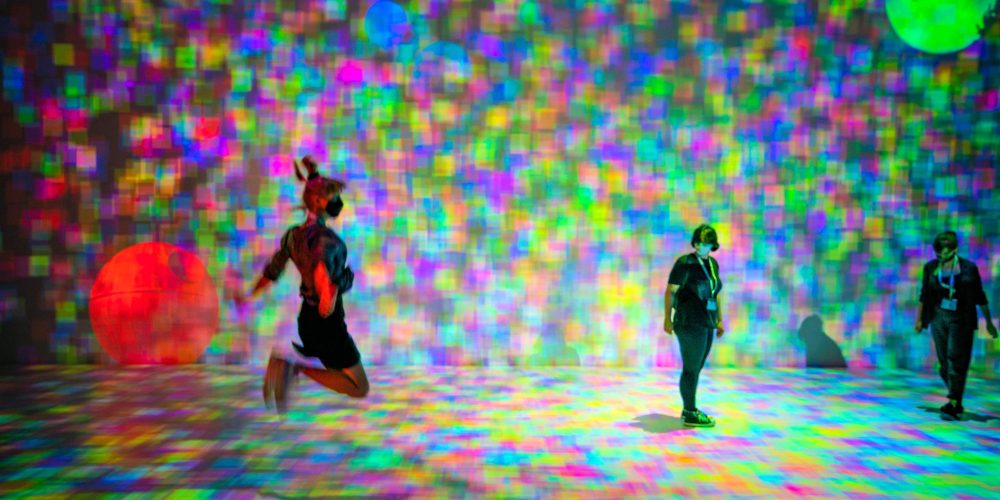
2022
-
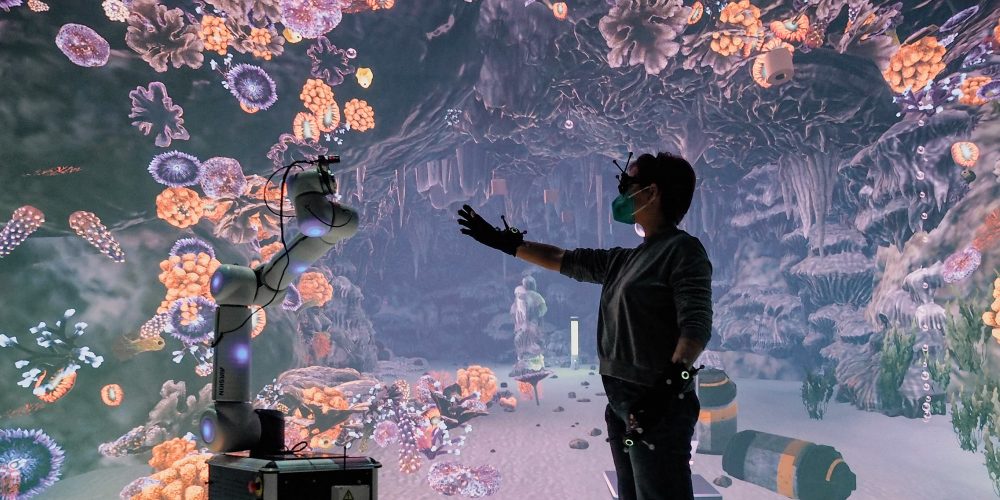
How we do research in Deep Space 8K (1)
Whether individually or in large groups, with robots or in virtual worlds: The Deep Space 8K makes unique research possible.
-
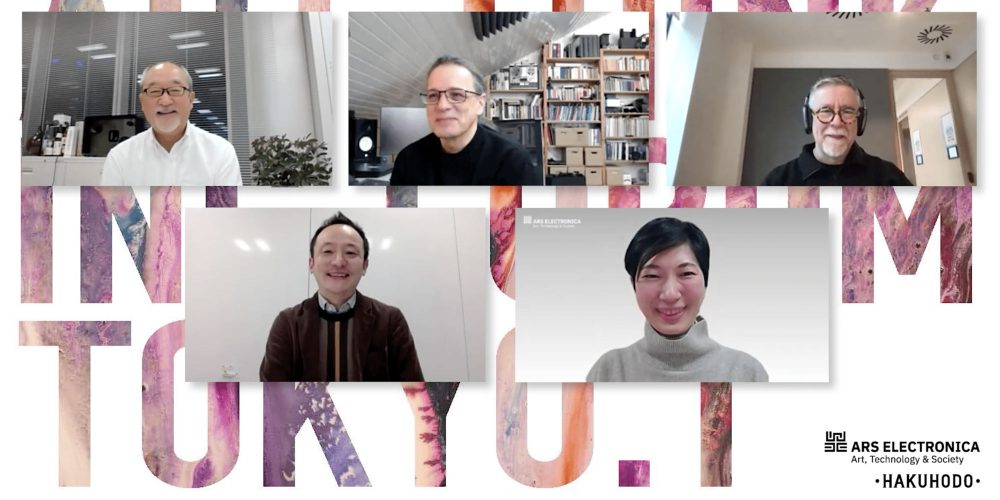
Digital transformation – for whom?
Who benefits from digital transformation and who should own it? – Questions the Art Thinking Forum Tokyo was asking.
-
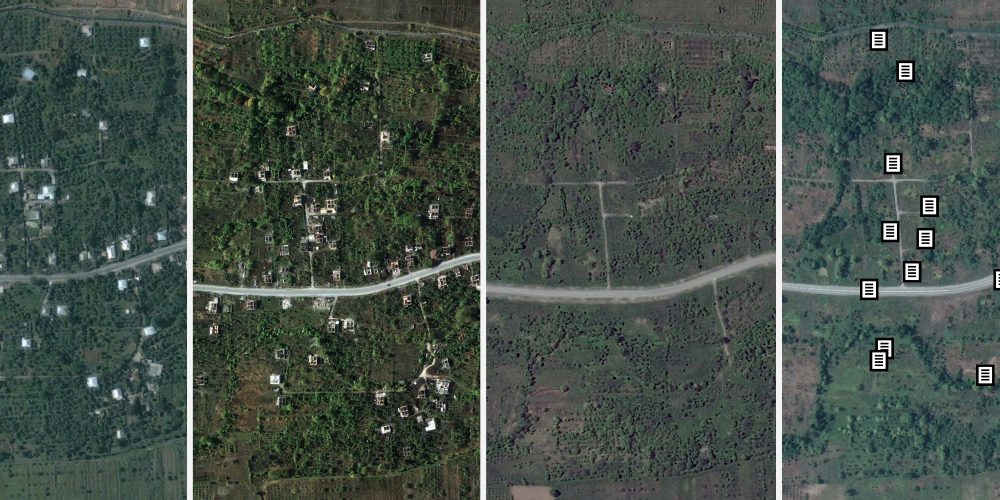
Tools to Confront Unbalanced Realities
What rights do you have in the location of your residence? In his work, artist Irakli Sabekia deals with the spatial and social memory of people who have been forcefully displaced.
-
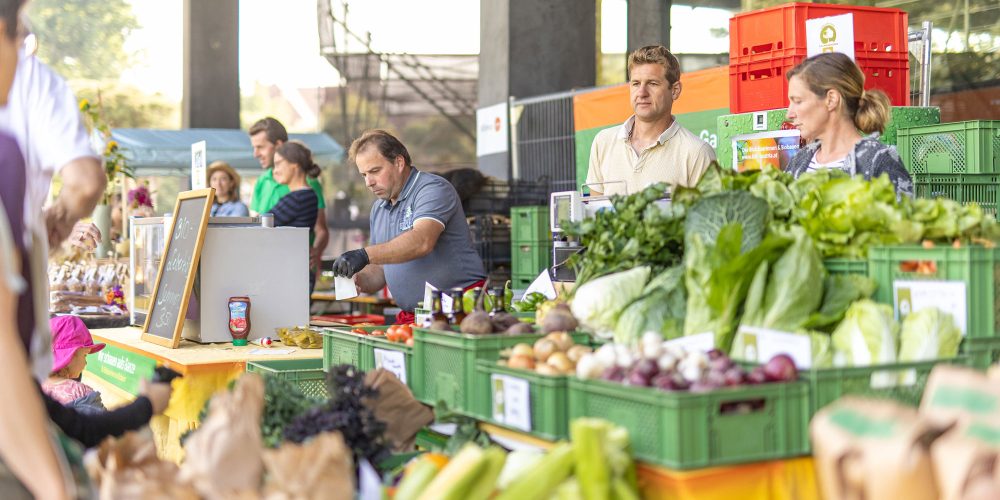
The cycles of Ars Electronica
How sustainably will you be able to eat at this year’s Ars Electronica Festival, and what happens to all the waste that’s created in the process? Martin Honzik CCO and Head of Festival/Prix/Exhibitions gives us an insight.
-
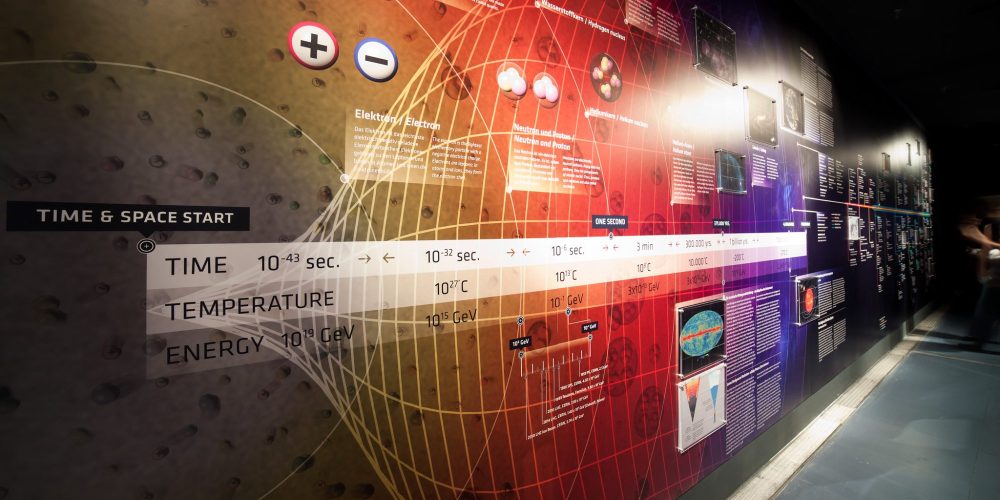
Throwback: ORIGIN – Investigating the Big Bang
The exhibition took a closer look at the European particle physics laboratory CERN, covering its history, daily activities and the ambitious goals of the global research project.
-
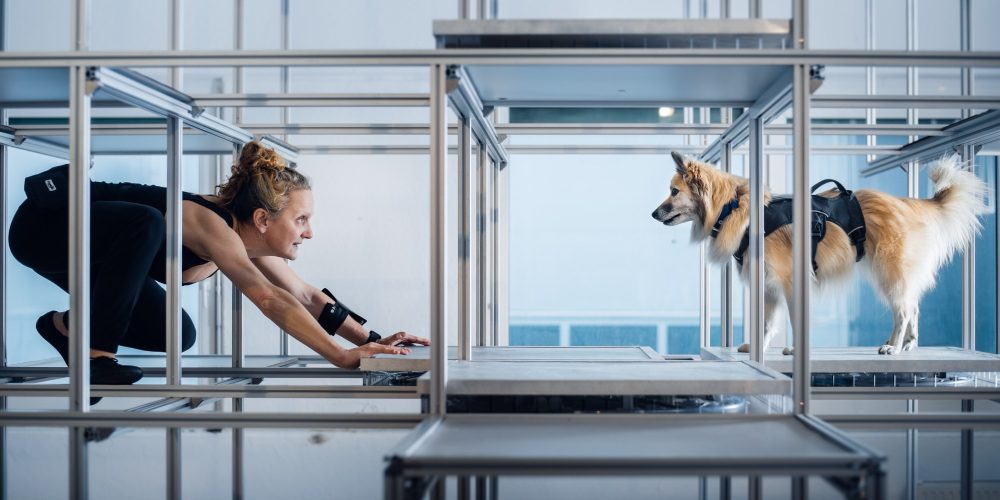
STUDIO(dys)TOPIA – At the Peak of Humankind
“STUDIO(dys)TOPIA” explores how humankind can transform sustainable practices into action and serves as a metaphor for our present, in which the concepts of dystopias and utopias find themselves in a changed reality.
-
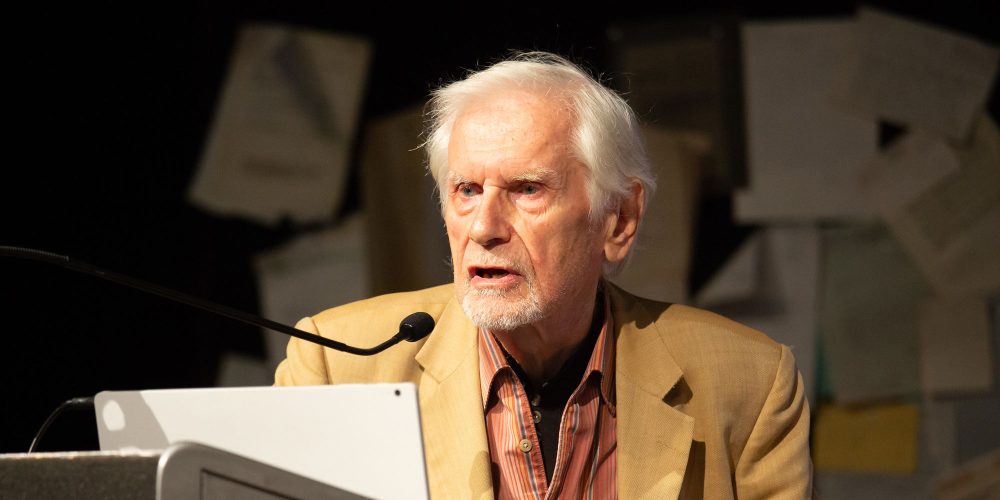
When Herbert W. Franke brought art and science together
With his multiple roles as scientist, author of science fiction novels and specialist for computer graphics, he gave a momentous impulse for many other media art festivals as co-founder of the first Ars Electronica in 1979. Herbert W. Franke passed away at the age of 95 on July 16, 2022.
-
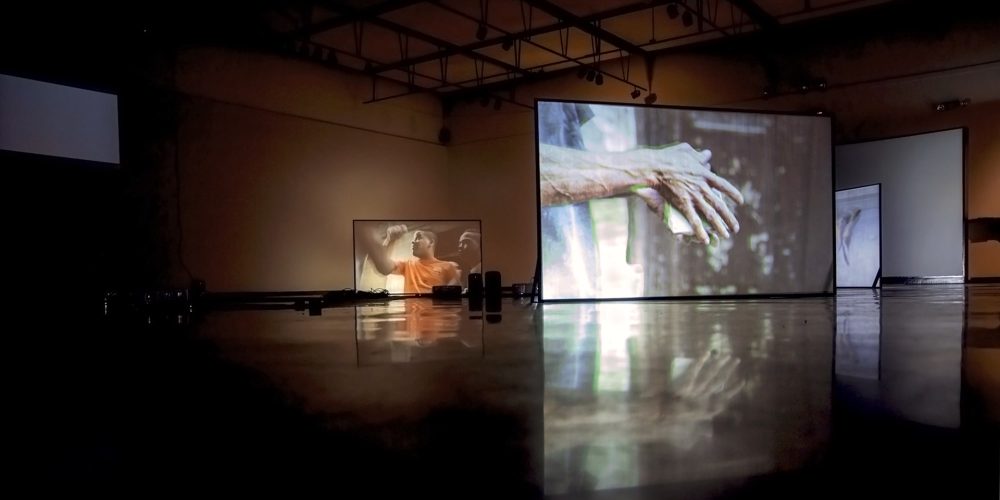
Latin American Media Art: Talent in Abundance
Latin American art meets media art: A new collaboration between CIFO and Ars Electronica aims to support the Latin American art scene and to bring a number of outstanding artists and projects closer to the international audience.
-
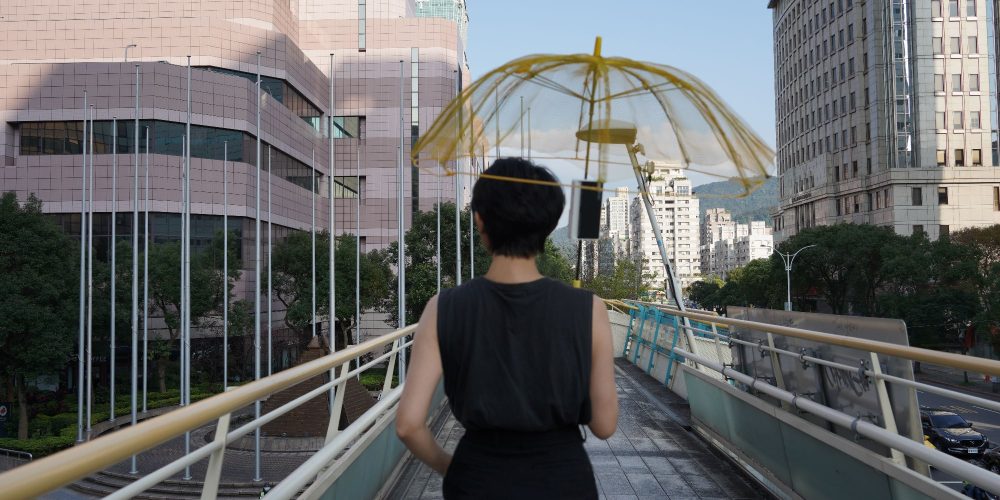
How to “resist like bacteria”
Find out what we can learn from bacteria and why the future lies in collaborative resistance through the artists behind the project “Bi0film.net – Resist like Bacteria”.
-
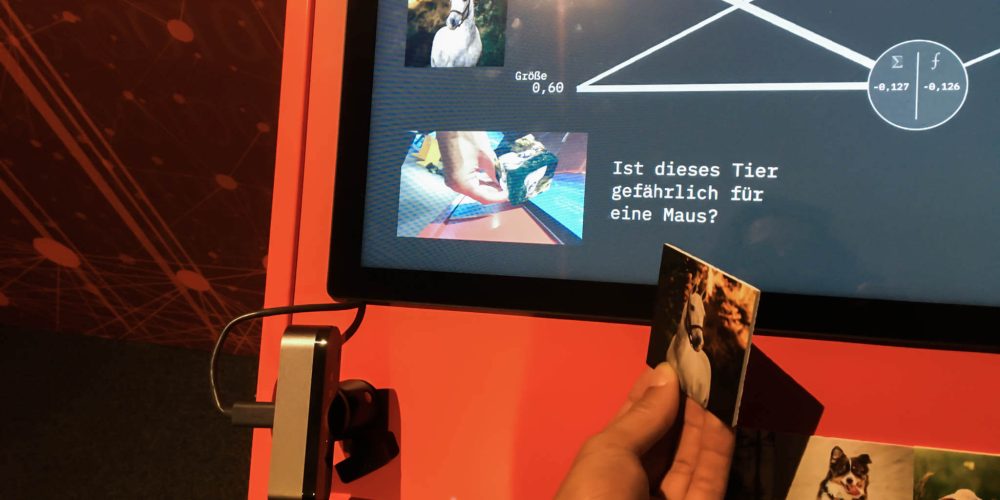
Mission AI – Experience. Understand. Co-create.
Hardly any other technology currently leaves us as perplexed as artificial intelligence. The exhibition “Mission AI” at the Deutsches Museum Bonn now also conveys a deep understanding.
-
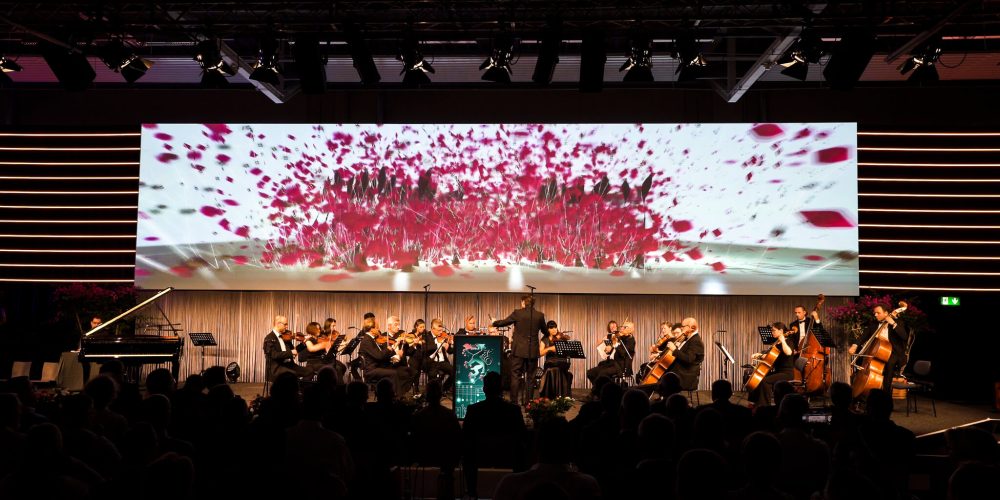
Man-Machine Music: A Classic of the Future?
Forward-looking prelude to Ingolstadt Science Congress with AI compositions of the Ars Electronica Futurelab co-performed by the Georgian Chamber Orchestra.
-
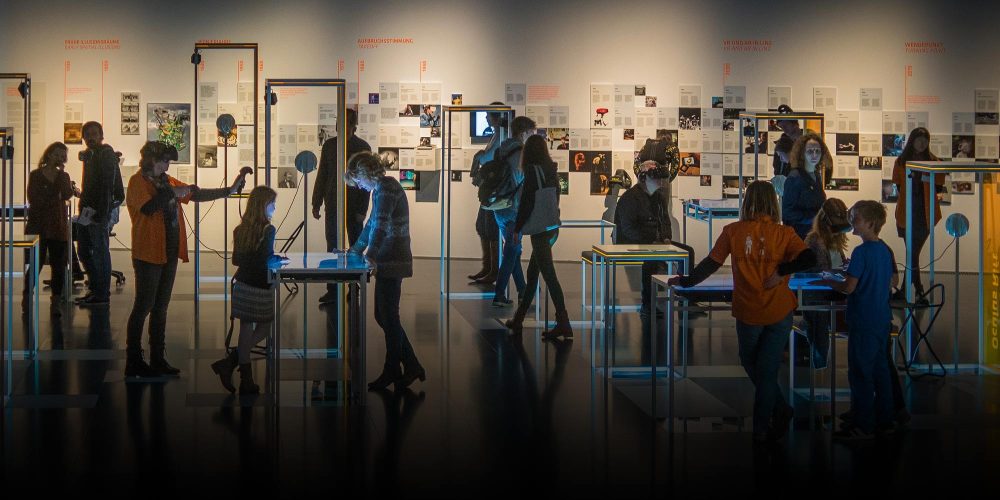
Throwback: The VRLab
At the Ars Electronica Center’s VRLab, it was possible to immerse yourself in virtual worlds and superimpose data on our reality.
-
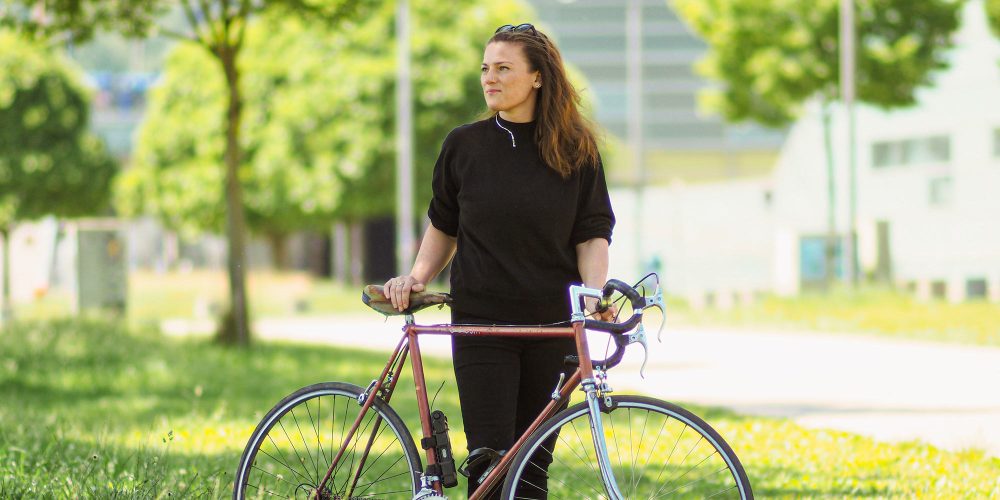
Sustainable to the Ars Electronica – is that possible?
How can a festival that attracts thousands of people to Linz every year be sustainable? Christl Baur, Head of Ars Electronica Festival, confronts the many questions of mobility.
-

State of the ART(ist): “Art is neither warlike nor peaceful”
We are convinced that we need art as a space where contradictions can be possible. But how do you deal with these contradictions in times of war? What influence does this have on curation and how does one implement the theme of political persecution in an Open Call?
-
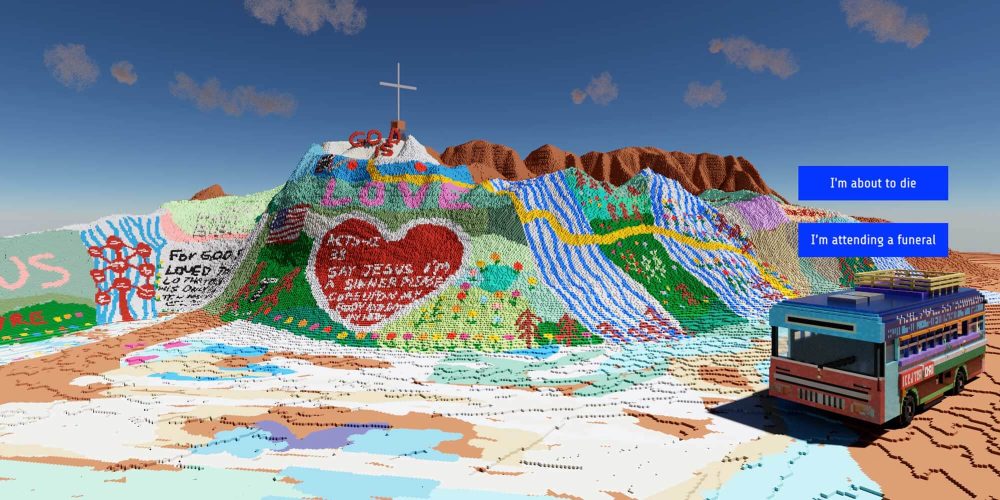
Who wants to live forever? AI and our digital (after)lives
[:de]Throughout time and across cultures, humans have been conditioned to view death as an endpoint in the experience of life. In an increasingly globalized and digitalized world, have our traditions and behaviours towards death changed? What happens when data outlives the person?
-
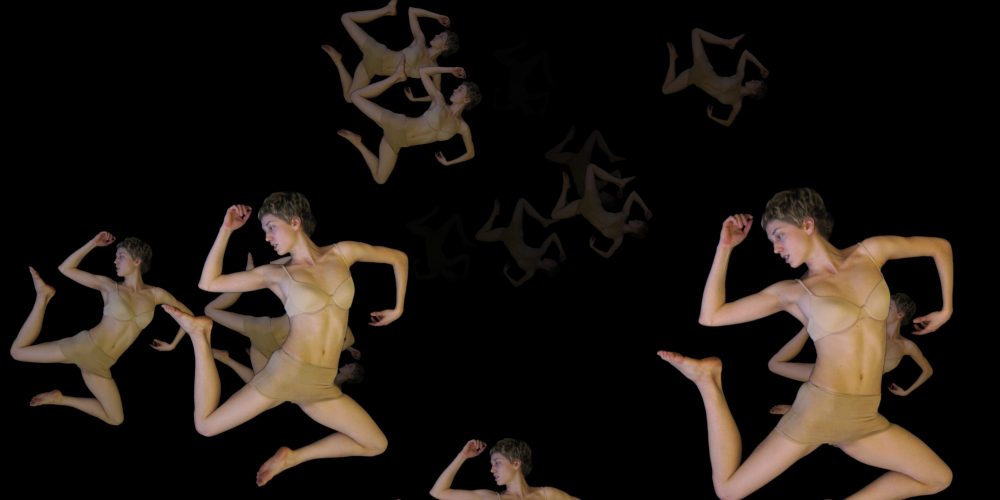
Throwback: Le Sacre du Printemps
In 2006, the Ars Electronica Futurelab collaborated with media artist Klaus Obermaier on a unique production of Igor Stravinsky’s Le Sacre du Printemps.
-
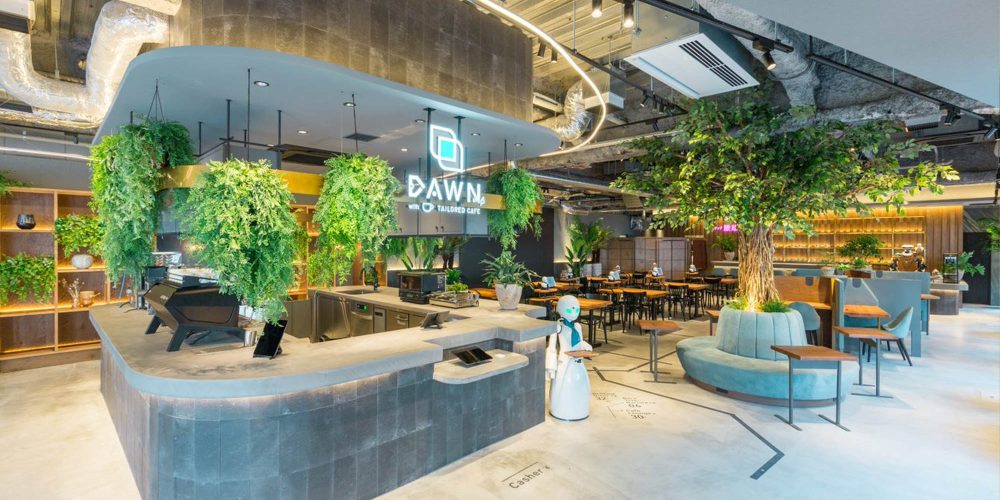
The slightly different café
This year, the Golden Nica in the Digital Communities category goes to Ory Yoshifuji, Co-founder CEO, Ory Laboratory Inc. for his project Avatar Robot Cafe DAWN ver.β.
-
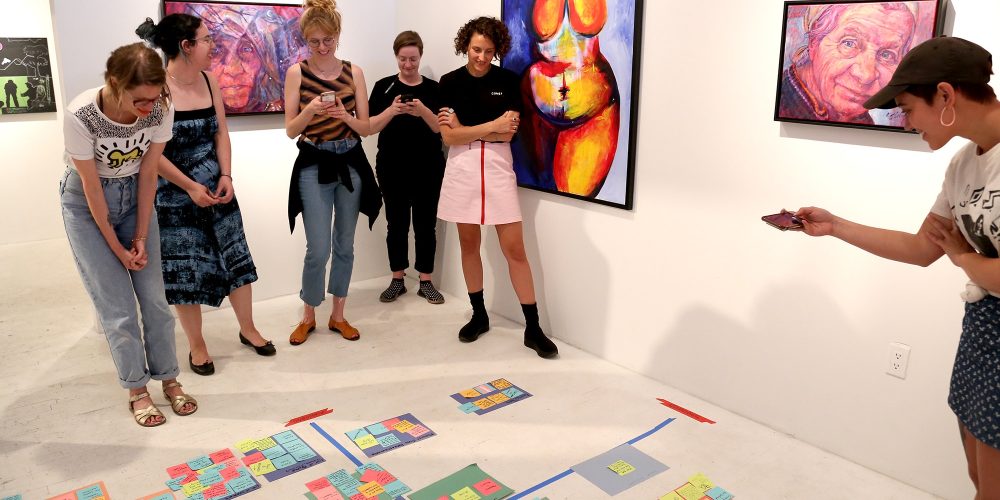
Is this a man’s world? Acknowledging gender bias in AI
Artificial Intelligence is fast becoming a major driving force of the rapidly accelerating digital transformation. Therefore, we have the responsibility to confront and question the gender biases inherent in AI models and seek ways to mitigate them.
-
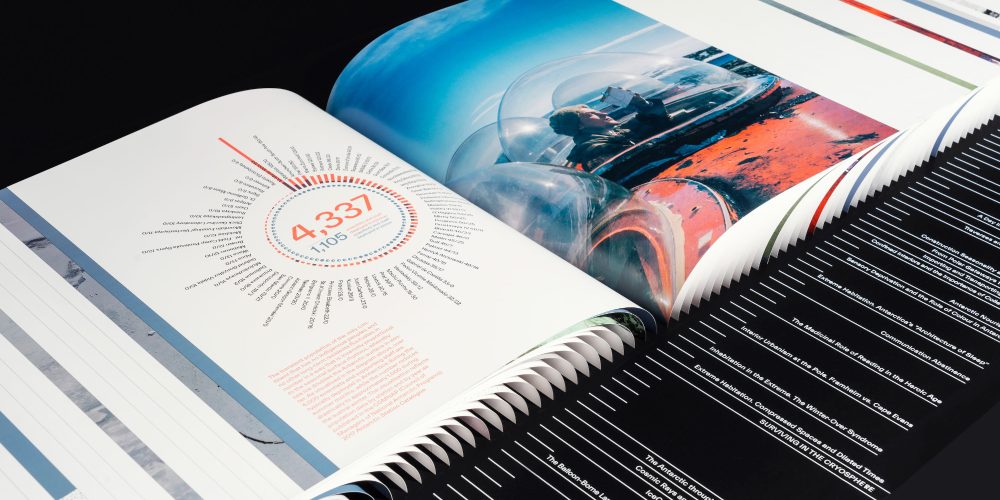
“What happens in Antarctica does not stay in Antarctica”
What does the melting of Antarctica have to do with the future of planet Earth? A lot – and that’s exactly why Giulia Foscari and UNLESS, in the work “Antarctic Resolution”, awarded the STARTS Prize 2022, have called for saving Antarctica and say: “Speak up for Antarctica now!”
-

Holly+: Come and sing like Holly Herndon!
“It takes a village to create something special” and Holly Herndon and her team have succeeded in doing just that. In the interview, she presents her machine learning project in more detail, for which she has now received the European Commission’s STARTS Prize 2022.
-
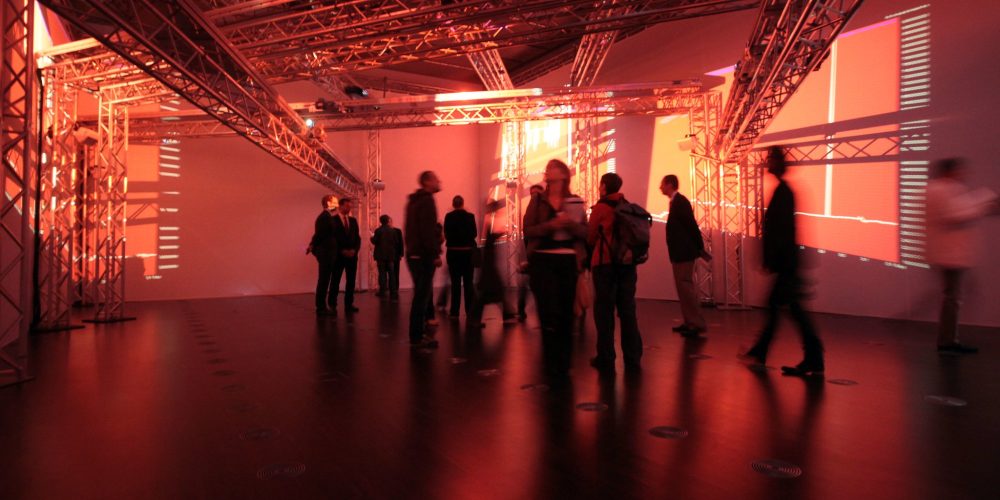
Throwback: Ready to pull the lifeline?
From September 2 to 11, 2010, the Ars Electronica Festival “REPAIR – Ready to pull the lifeline” took place on the grounds of the former tobacco factory in Linz
-
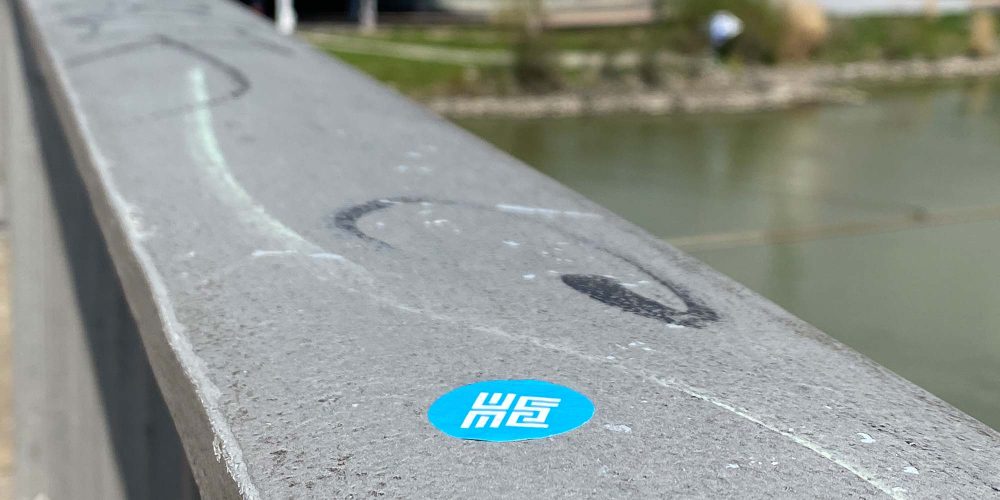
Center Story: April 2022
With our new “Center Stories” format, we’re telling you what’s going on behind the scenes at the Ars Electronica Center. In the first story, we want to introduce you to our plant offspring and recall a past exhibition.
-
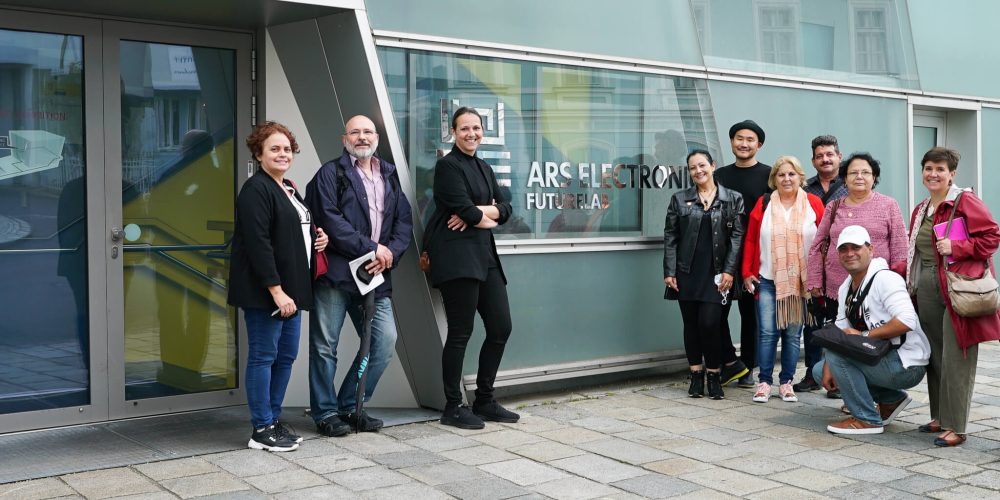
Futurelab – Prototype of a think-and-do tank
Cuba visits Linz: A delegation from the Cuban Computer Science Union finds inspiration in the Ars Electronica Futurelab’s unique concept.
